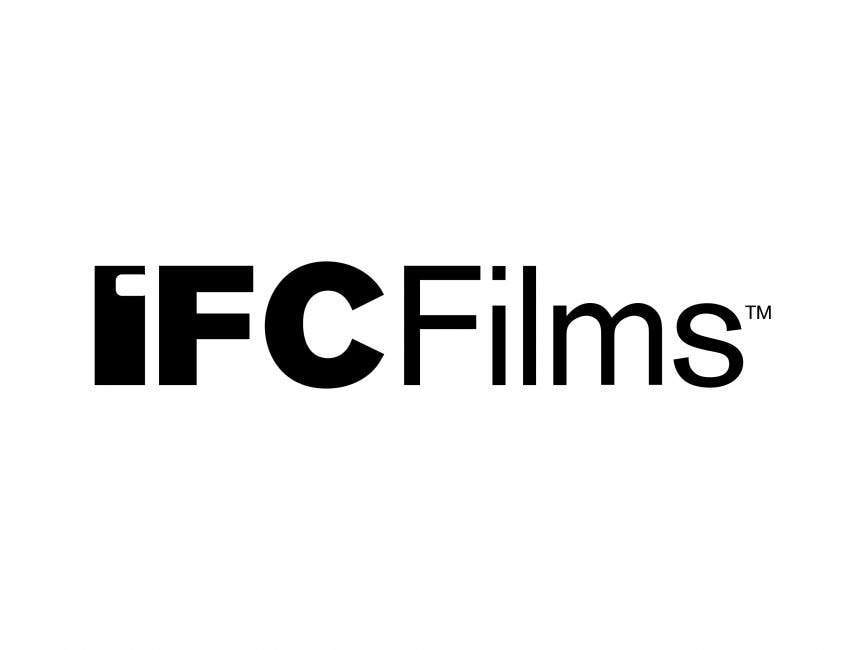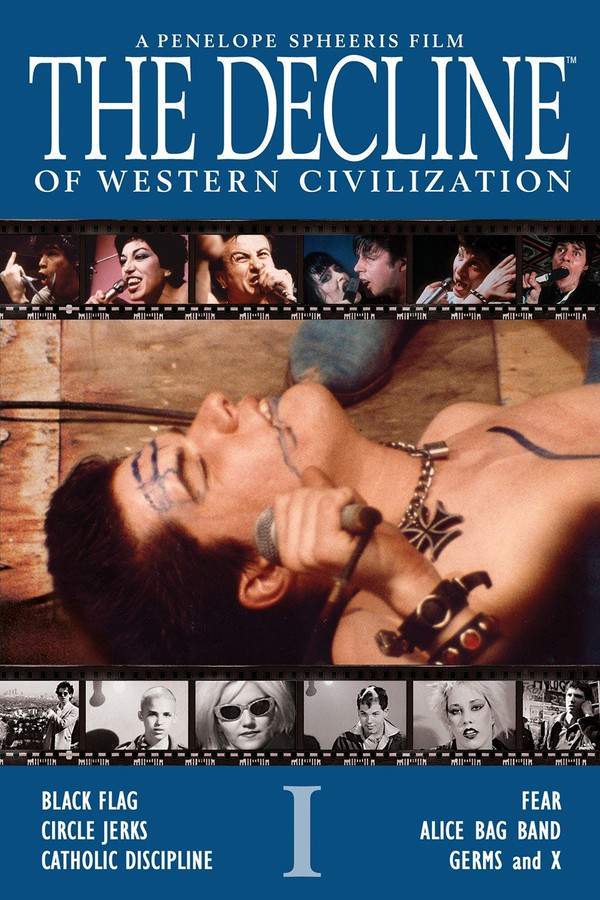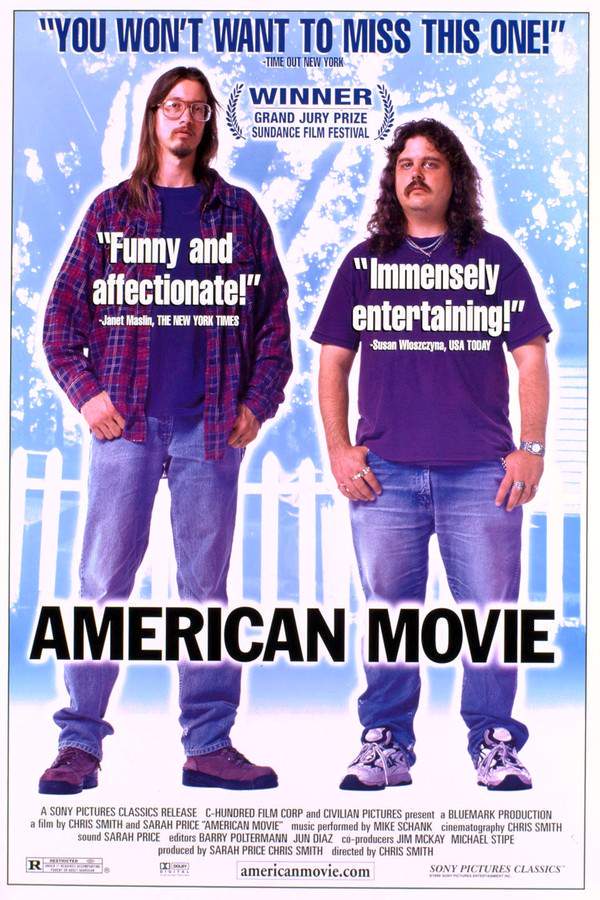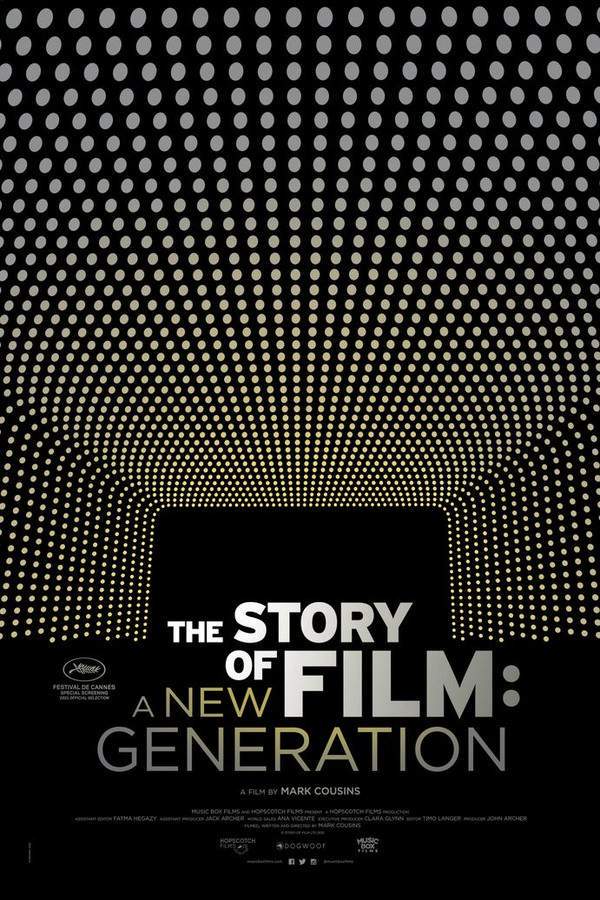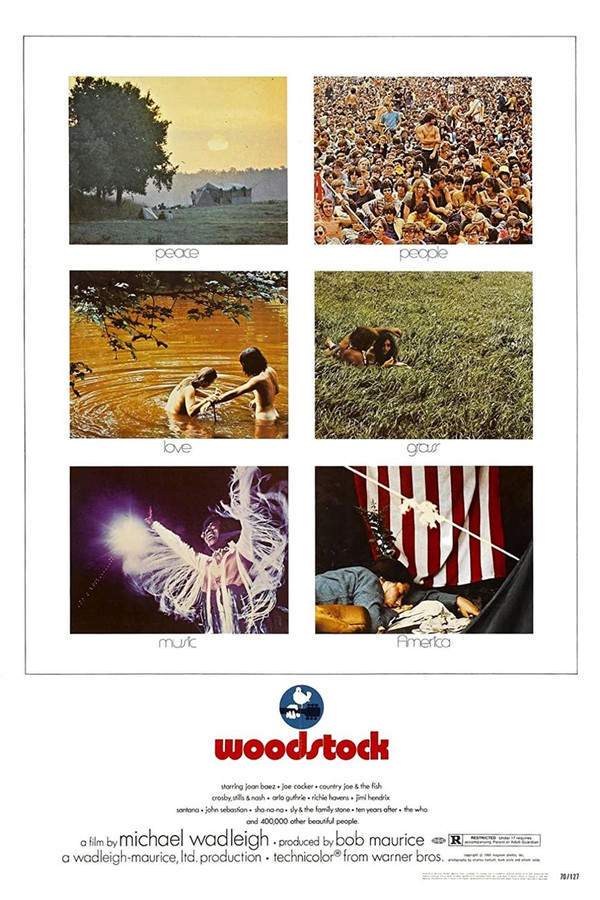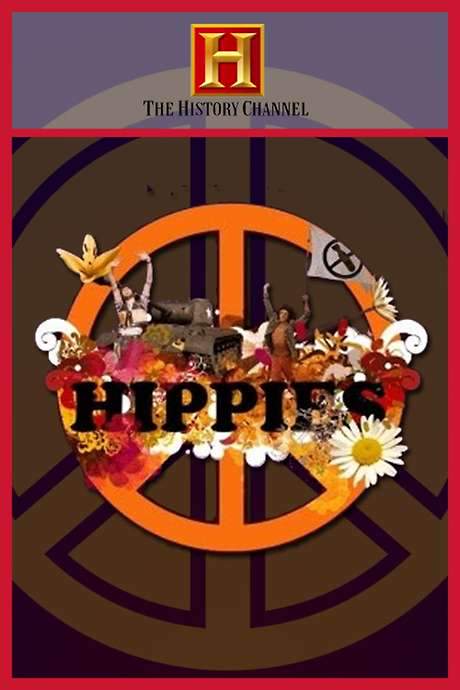A Decade Under the Influence 2003
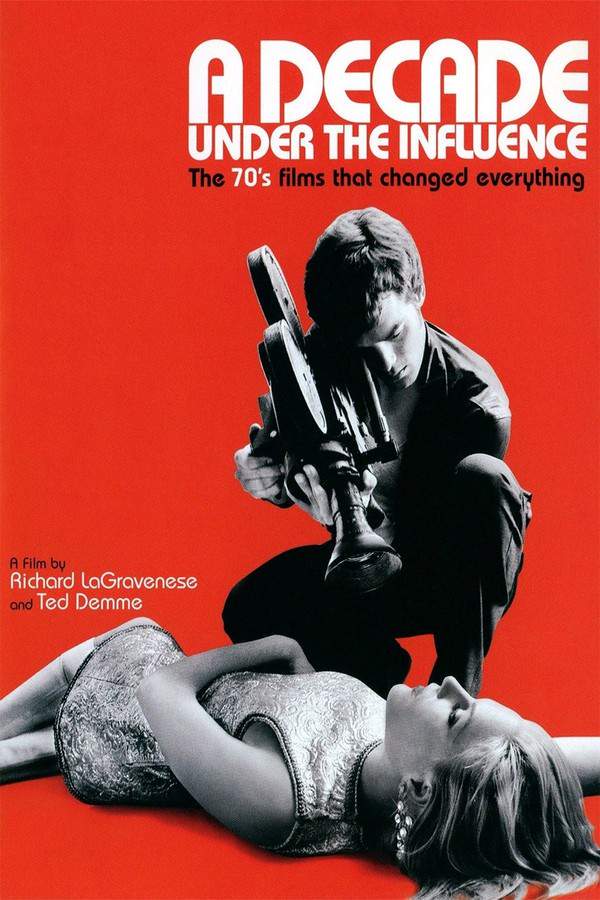
During the late 1960s and early 1970s, American filmmaking experienced a dramatic shift as the established norms were challenged by a burgeoning counterculture. A new generation of filmmakers blended artistic, experimental techniques with the energy of low-budget productions, redefining Hollywood’s conventions. This cinematic movement produced a unique and influential era that continues to shape film today.
Does A Decade Under the Influence have end credit scenes?
No!
A Decade Under the Influence does not have end credit scenes. You can leave when the credits roll.
Meet the Full Cast and Actors of A Decade Under the Influence
Explore the complete cast of A Decade Under the Influence, including both lead and supporting actors. Learn who plays each character, discover their past roles and achievements, and find out what makes this ensemble cast stand out in the world of film and television.
No actors found
External Links and Streaming Options
Discover where to watch A Decade Under the Influence online, including streaming platforms, rental options, and official sources. Compare reviews, ratings, and in-depth movie information across sites like IMDb, TMDb, Wikipedia or Rotten Tomatoes.
Ratings and Reviews for A Decade Under the Influence
See how A Decade Under the Influence is rated across major platforms like IMDb, Metacritic, and TMDb. Compare audience scores and critic reviews to understand where A Decade Under the Influence stands among top-rated movies in its genre.

67
Metascore
7.5
User Score


77%
TOMATOMETER

83%
User Score

7.6 /10
IMDb Rating

80
%
User Score
Take the Ultimate A Decade Under the Influence Movie Quiz
Challenge your knowledge of A Decade Under the Influence with this fun and interactive movie quiz. Test yourself on key plot points, iconic characters, hidden details, and memorable moments to see how well you really know the film.
A Decade Under the Influence Quiz: Test your knowledge on the influential filmmakers and cinematic movements of the late 1960s and early 1970s as explored in this documentary.
Which period does the documentary focus on?
Late 1950s and early 1960s
Late 1960s and early 1970s
Late 1970s and early 1980s
Mid 2000s
Show hint
Full Plot Summary and Ending Explained for A Decade Under the Influence
Read the complete plot summary of A Decade Under the Influence, including all major events, twists, and the full ending explained in detail. Explore key characters, themes, hidden meanings, and everything you need to understand the story from beginning to end.
A fascinating compilation of interviews and selected clips from films that emerged as a counter-movement to the dominant studio productions of the late sixties and early seventies, this documentary, directed by Ted Demme, serves as a heartfelt homage to that unique cinematic period. Although it offers a glimpse into the impactful creations of the era, it occasionally overlooks some of the true masterpieces that defined it.
The documentary showcases how directors of the time were deeply influenced by greats like Truffaut, Antonioni, Fellini, Bergman, and notably, John Cassavetes. Despite its significant content, the film, with its 138-minute runtime, feels almost fleeting, leaving viewers wanting more.
In rich interviews, renowned filmmakers share their insights, featuring voices like Martin Scorsese, Francis Coppola, Robert Altman, and others such as Ellen Burstyn, Roger Corman, Bruce Dern, Sydney Pollack, Dennis Hopper, and Jon Voight. Notably, Bruce Dern makes a striking observation about himself and Jack Nicholson, reflecting that while they might not have matched the conventional looks of past stars, they certainly were “interesting,” which embodies the spirit of the filmmaking movement during this pivotal time.
Filmmakers faced significant challenges, notably from studios that were hesitant to fund projects that presented nontraditional views on politics, sex, drugs, and social issues, as well as the complex reality of America’s role in the Vietnam War. In an illuminating segment, Francis Coppola reflects on how his training under Roger Corman allowed him to create The Conversation, which ultimately garnered the necessary backing from producers aware of his ability to craft compelling films without excessive budgets.
The documentary also features insights from Jon Voight, who reminisces about working under Hal Ashby in Coming Home, a poignant anti-war narrative chronicling a wounded soldier’s reintegration into society. Voight discusses an incident during a rehearsal that unexpectedly led to a powerful scene in the film, illustrating how authenticity often arises from spontaneity rather than strict preparation.
Alongside these illuminating interviews, there are compelling excerpts from Al Pacino’s breakout role in The Panic in Needle Park, as well as discussions from Dennis Hopper on the making of Easy Rider and reflections from Sydney Pollack on his approach to storytelling in film.
This documentary stands as a valuable resource for any film enthusiast eager to understand the essence of the new voices in cinema during the seventies, shedding light on how contemporary independent filmmakers owe much to the trailblazing works of figures like John Cassavetes, Milos Forman, William Friedkin, and Roger Corman.
Uncover the Details: Timeline, Characters, Themes, and Beyond!

Coming soon on iOS and Android
The Plot Explained Mobile App
From blockbusters to hidden gems — dive into movie stories anytime, anywhere. Save your favorites, discover plots faster, and never miss a twist again.
Sign up to be the first to know when we launch. Your email stays private — always.
Watch Trailers, Clips & Behind-the-Scenes for A Decade Under the Influence
Watch official trailers, exclusive clips, cast interviews, and behind-the-scenes footage from A Decade Under the Influence. Dive deeper into the making of the film, its standout moments, and key production insights.
A Decade Under the Influence Themes and Keywords
Discover the central themes, ideas, and keywords that define the movie’s story, tone, and message. Analyze the film’s deeper meanings, genre influences, and recurring concepts.
A Decade Under the Influence Other Names and Titles
Explore the various alternative titles, translations, and other names used for A Decade Under the Influence across different regions and languages. Understand how the film is marketed and recognized worldwide.
Similar Movies To A Decade Under the Influence You Should Know About
Browse a curated list of movies similar in genre, tone, characters, or story structure. Discover new titles like the one you're watching, perfect for fans of related plots, vibes, or cinematic styles.
Quick Links: Summary, Cast, Ratings, More

What's After the Movie?
Not sure whether to stay after the credits? Find out!
Explore Our Movie Platform
New Movie Releases (2026)
Famous Movie Actors
Top Film Production Studios
Movie Plot Summaries & Endings
Major Movie Awards & Winners
Best Concert Films & Music Documentaries
Movie Collections and Curated Lists
© 2026 What's After the Movie. All rights reserved.


